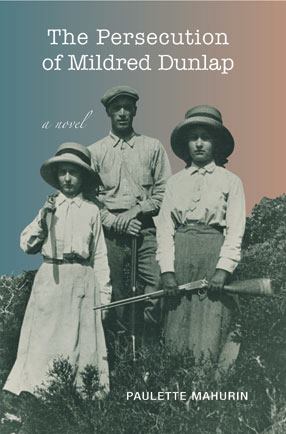There are days when my brain is sharp and can juggle the parts of a story and see the connections and push the pieces around on the big board in my mind. Other days, I’m single track and others I’m jumpy and distractible. I take my vitamins, get lots of sleep and exercise, and eat a brain-friendly diet, but that brain organ is sensitive. Everything acts on it, from what you ingest, to whom you hang out with, to the color of your walls, to the phase of the moon.
And maybe, just maybe, there is no single, ideal brain state for creativity. What if the only problem is our bias toward or against certain brain-states? What if you just work with the brain you have today? If your brain is not in juggling mode, make a lot of notes like, “When my brain is working again, take care of this issue and work out that problem,” and so on. So before you up your caffeine intake, figure out what brain you’ve got today and see what it wants to do:
- Fuzzy, undirected brain –Try timed prompts that will direct it for you.
- Nit-picky brain – Skip the deep character development and go to a chapter that needs a tweak-and-polish.
- Slow-cooker brain – Cogitate on theme or some other tough nugget that needs its fibers broken down.
- Big-picture brain – Look at how your scenes fit together and stay away from all the tiny freckle parts of the book.
- Stuck-in-a-rut brain – Take a walk and let your thoughts float up and out of the trench they’ve dug for themselves.
- Tired brain – Don’t judge. Don’t struggle. Take a power-nap. Naps are the bomb for creativity. There’s a lot of research and anecdotal evidence.
So, after you freak out and catastrophize and decide that you must have had a stroke or that you were never any good at writing, plus a terrible spouse and parent, plus your doomed, or whatever fight or flight thinking has to happen first… remember that there are plenty of days when you’re on top of it and you will be again.
Be friendly to your brain. And for Heaven’s sake, be respectful. Your brain is amazing. It’s so complex and powerful that it can’t even comprehend its own complexity or know the limits of its own power. And you have one of these in your head, working tirelessly to help you create, and it runs on calories.
So be patient and curious, notice, assess. So much of writing is about learning your brain and working with its modes. Maybe there are people who have the same brain every day and don’t have to work around energy spikes and hormone dips, but I haven’t met one. Just as there are days where all your brain is good for is filing and sorting, there are days when your brain is capable of big leaps and deep dives, and it’s important to be able to recognize that mode too so you can work it for everything you can get.










